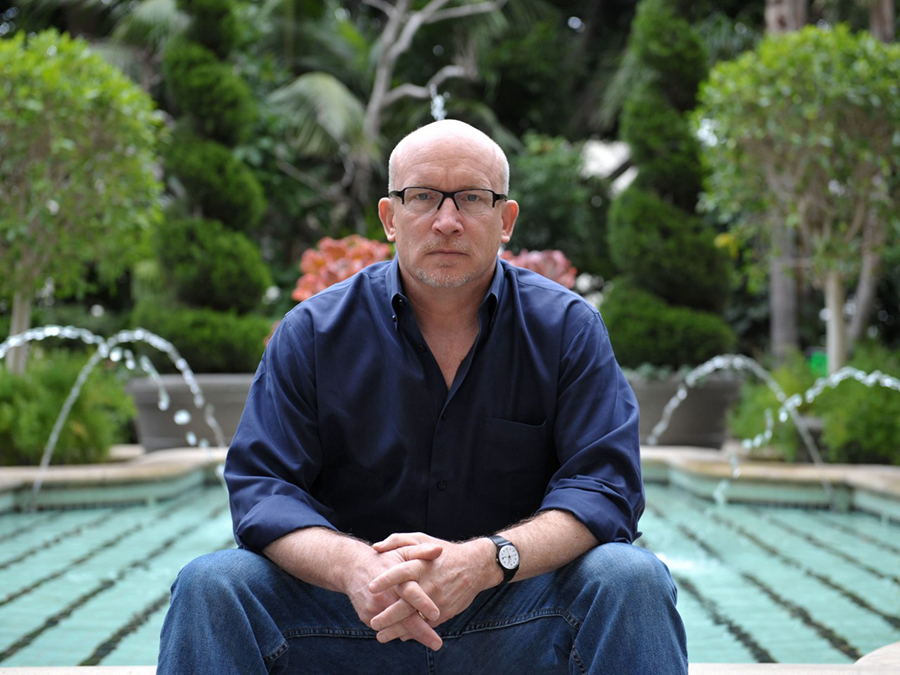
Gibney, known for provocative documentaries calling out the corrupt, delivers another intriguing political story with We Steal Secrets: The Story of WikiLeaks on Aug. 9 at the historic Tower Theatre. Filmworks presents his new film, which chronicles the dramatic revelations of one of the biggest information leaks in U.S. government history. The leak, headed by Assange and informant Bradley Manning, continues to make waves and front-page news around the world, as Manning’s court case goes on.
The whistleblowers highlighted in the film act as a parallel to Gibney’s own revealing style as a writer and director. His first well-known documentary was Enron: The Smartest Guys in the Room, detailing the fall of a crooked corporate giant and its bankruptcy that led to to thousands of layoffs and even employee suicides.
Former Enron bigwigs Kenneth L. Lay, Jeffrey K. Skilling, and Andrew S. Fastow are painted in a shocking light, as the audience discovers their actions that sank the company into over $66 billion in debt.
Not only does the filmmaker focus on the seedy nature of the company, Gibney also takes pains to depict the people caught up in such corruption and inner turmoil.
“I became somewhat sympathetic about some aspects of some of the people from Enron—even some of the higher-ups,” says Gibney in a PBS interview. “I don’t think they started out running a scam; they fell into it, incrementally.”
His passion for exposing deceptions and displaying the individuals involved in them continues in his Oscar-winning 2007 film Taxi to the Dark Side, depicting the controversial torture methods used by the United States in Guantanamo Bay, Afghanistan, and Iraq.
Once again, the film revolves around poignant human experience. Dilawar, an Afghan taxi driver suspected of attacking an American base, was arrested and subjected to extreme torture from U.S. forces that ultimately led to his death.
Afghan commander Jan Baz Khan, who originally arrested Dilawar and his taxi passengers and turned them over to the U.S. military, was later found to be himself behind the attack, rather than the men detained.
Although Gibney has a long history of depicting the United States government and Americans in less than noble shades, critics have still identified him as a man who wants to show people the truth and present it fairly.
A review from Variety shares surprise and appreciation for We Steal Secrets as it avoids the typical harsh fodder directed at former President George W. Bush. “It’s heartening to see Gibney shift his target to the current administration, demonstrating an ongoing willingness to take on the Man, whoever that may be.”
This balanced approach at real-subject filmmaking and his adamant efforts to include the powerful and personal stories of those involved in such narratives has given Gibney a firm and respected place in the documentary film tradition.
The director is already moving forward with his follow up to We Steal Secrets, this time devoting himself completely to the complex story of Manning, recently found not guilty for the charge of aiding the enemy, as the United States continues to determine the course to take regarding his actions. The new film will be based on a book by Denver Nicks.
Andrew Veihmeyer earned his B.A. in communication from Fresno State. He is the Filmworks media relations and communication intern.
